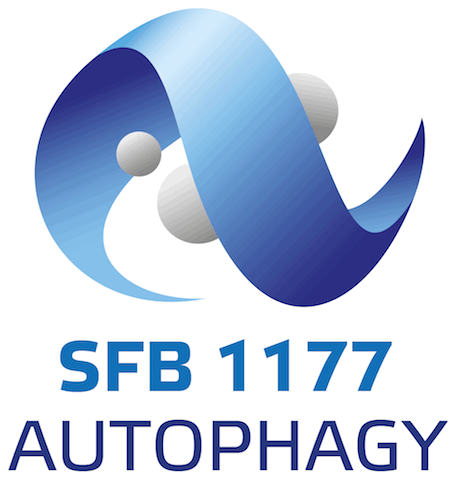IRGQ-mediated autophagy promotes tumor immune evasion
- jlau89
- 30. Okt. 2024
- 1 Min. Lesezeit
Together with a multidisciplinary, international team, SFB 1177 project leader Lina Herhaus and SFB 1177 speaker Ivan Đikić found a new role for the so-far uncharacterized GTPase family Q protein (IRGQ).
IRGQ acts within the autophagy-lysosome system, targeting misfolded MHC-I molecules for degradation. The team revealed that absence of IRGQ enhanced CD8+ T cell responses. Accordingly, reduced IRGQ levels in hepatocellular carcinoma patients and mouse models lead to improved survival outcomes by promoting anti-tumour immunity. This discovery highlights the potential of IRGQ as a target for future cancer therapies. This work was carried out in an international collaboration together with colleagues from Goethe University, Dana-Farber Cancer Institute, Harvard Medical School, Max Planck Institute of Biophysics and Johannes Gutenberg University Mainz and now published online in Cell.




